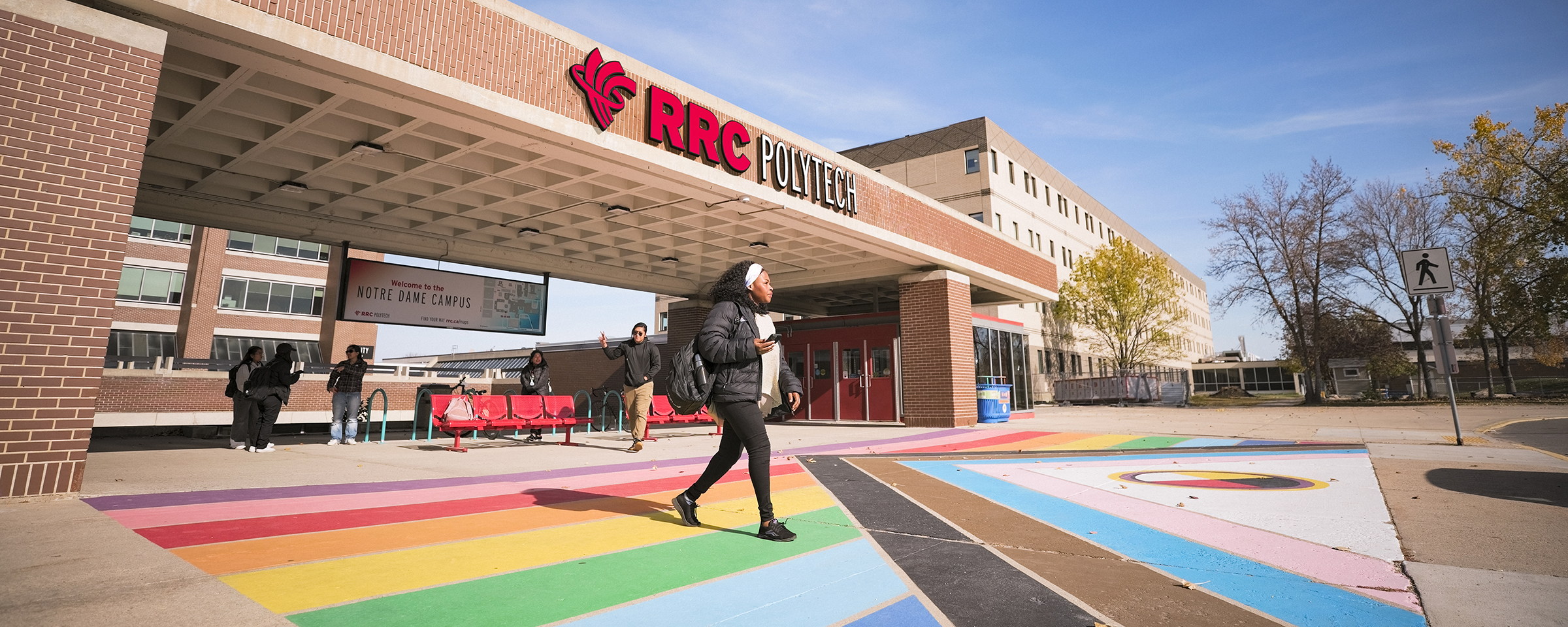Commentary on International Women’s Day
A commentary on International Women's Day from RRC President Stephanie Forsyth:
Today is International Women’s Day, and a time to reflect on the change and progress that has occurred in our society for women. The media is full of statistics about the progress (or lack thereof) that women have made in the past decade and they are worth taking time for consideration.
In Canada, women still earn less than men for the same work, a gap that is widening for women with university degrees; women serve on fewer than 15% of corporate boards, and; women are all but absent from powerful political positions. This latter statistic is all the more interesting when one considers that women constitute 52% of Canada’s population. With women holding only 22% of the seats in the House of Commons, Canada ranks 52nd in the world in representation of women in the national parliament, behind many poor countries, including Rwanda and Afghanistan.
Today, 43% of Aboriginal women live in poverty in Canada, double the percentage of non-Aboriginal women and significantly more than the number of Aboriginal men. The 2010 Sisters in Spirit study shows that 582 Aboriginal women have been murdered or gone missing in Canada since 1970, with 39% of the cases having occurred since 2000. While Aboriginal women make up only three per cent of the population, they comprise 10 per cent of the murder victims in the past 20 years.
Throughout the world thousands of women are victims of violence and rape, women and children are still dying from starvation at alarming rates, and abuse continues to proliferate regardless of social or economic status or education achievements.
While the focus of International Women’s Day is women, ultimately it is about fighting for humanity and dignity. It is crucial that we take time to not only reflect on the incredible disparities that still exist in society but more importantly, to do what we can to make a difference.
Happy International Women’s Day.
